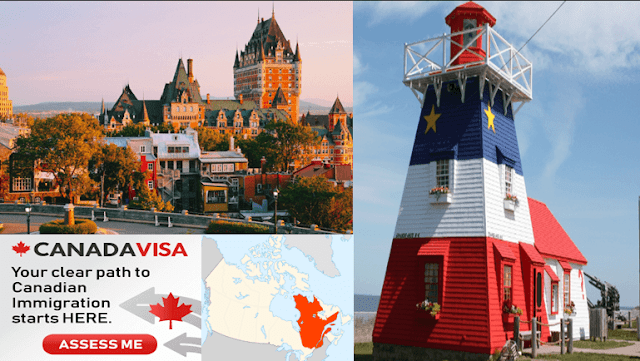New plan aims to increase francophone immigration outside of Quebec
A new joint action plan uniting Canada’s federal, provincial and territorial governments is aiming to raise the number of French-speaking immigrants who are settling outside of Quebec.
The plan’s unveiling on Friday, March 2, followed a meeting of federal, provincial and territorial ministers responsible for immigration and Canada’s francophone communities.
The plan establishes a target that would see French-speaking immigrants constitute 4.4 per cent of all immigrants settling outside of Quebec by 2023.
“French-speaking immigrants contribute to the strength and prosperity of our country, while adding to Canada’s rich cultural and linguistic diversity,” the plan states. “Francophone immigration plays a role in maintaining the vitality of francophone and Acadian communities across Canada but it also helps address labour market needs and helps sustain Canada as a bilingual country.”
The plan notes that the overall proportion of the Canadian population outside of Quebec that uses French as their first official language is declining and “more work is needed” to reverse this trend.
objectives for commes new migraants .
The plan outlines actions that federal, provincial and territorial governments can take individually or collaboratively to increase francophone immigration and to improve the promotion, selection, settlement, integration and retention of French-speaking immigrants to Canada’s Francophone Minority Communities outside of Quebec.
The plans objectives are threefold:
An increased number of French-speaking immigrants settling in Canada outside Quebec;
An increased participation rate of French-speaking immigrants in broader communities and social networks.
Examples of concrete actions for reaching these goals include:
Promoting awareness of Francophone immigration opportunities, immigration pathways and settlement services to prospective French-speaking applicants;
Increasing employer engagement in French-speaking immigrant recruitment and employment;
Increasing the availability, awareness and accessibility of French language services; and Supporting diverse and inclusive Francophone communities.
A number of collaborative actions between the the two levels of government are also outlined, including enhanced international marketing activities and enhanced e-tools to promote benefits and opportunities to prospective French-speaking immigrants.
“The federal government is committed to helping to build and sustain francophone minority communities across Canada, in part through francophone immigration,” Canada’s Immigration Minister, Ahmed Hussen, said in a news release.

